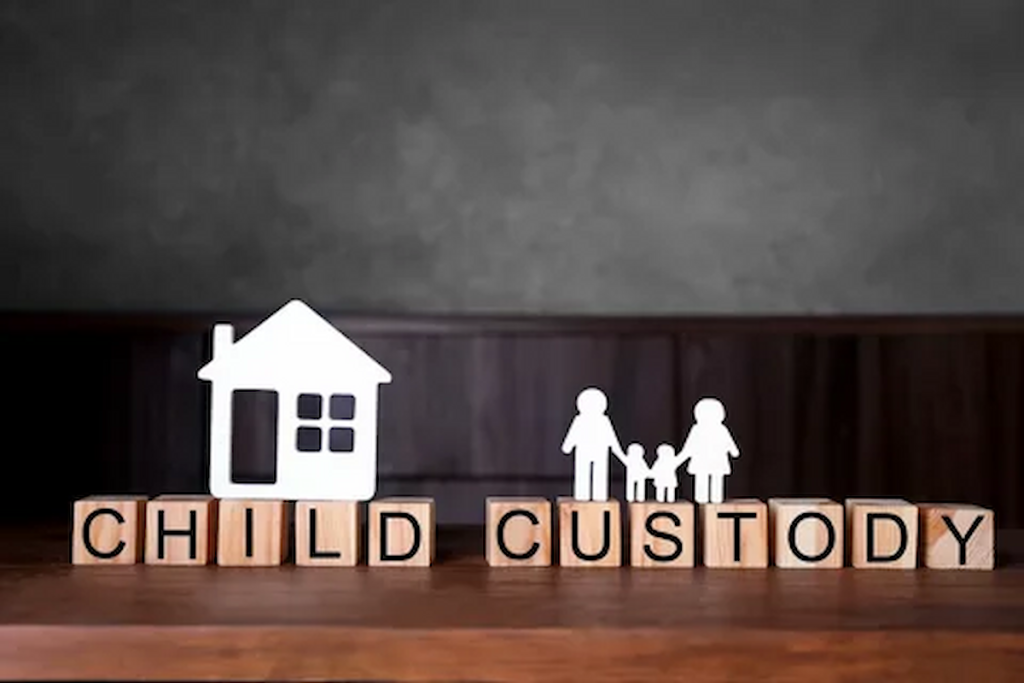Parental Rights and Responsibilities in Child Custody Case
3 min read
In the complex landscape of family law, parental rights and responsibilities take centre stage in child custody cases. The determination of these rights significantly influences the well-being and future of the child. Whether involving legal or physical custody, visitation schedules, financial support, or the creation of a comprehensive parenting plan, the court’s primary directive remains the child’s best interests. Factors such as parental stability, the quality of relationships, and the child’s preferences weigh heavily in judicial decisions. Balancing the rights and responsibilities between parents is pivotal, often necessitating court intervention or negotiated settlements to ensure a child-centric outcome in this intricate legal terrain and consult child custody lawyers.
Providing Child Education:
In a child custody case, the allocation of parental rights and responsibilities regarding the child’s education is crucial. This includes decisions about schooling, such as choosing between public, private, or homeschooling options. The court often designates which parent holds the authority to make these choices. Factors considered include each parent’s involvement in the child’s education, their geographic proximity to schools, and the child’s best interests. The responsible parent typically determines the child’s educational path, ensuring access to appropriate resources and support for their academic growth aligning decisions with the child’s needs and well-being.
Provide a Home For The Child:
In a parental rights and responsibilities child custody case, providing a suitable home for the child is pivotal. The court assesses the living conditions of each parent to ensure a safe, stable, and nurturing environment. Factors such as the cleanliness and safety of the home, neighbourhood quality, proximity to the child’s school, and available support systems are considered. The parent’s ability to offer a consistent and loving atmosphere that meets the child’s physical and emotional needs significantly impacts the court’s decision regarding physical custody. The focus is on ensuring the child’s well-being and best interests in the chosen living environment.
Protect and Maintain Child:
Parental rights and responsibilities in a child custody case are fundamentally designed to ensure the protection and well-being of the child. The court’s primary focus is to maintain a stable environment that supports the child’s physical, emotional, and mental needs. This involves determining suitable living arrangements, facilitating healthy parenting child relationships, and establishing the framework for crucial decisions affecting the child’s life, such as education and healthcare. By prioritising the child’s best interests, the legal system aims to create a nurturing and secure environment, often through shared responsibilities or structured visitation, ultimately aiming to foster the child’s growth and development under the guidance and care of responsible guardians.
Parenting Time:
Parenting time, a critical component of parental rights in a child custody case, denotes the schedule and allocated periods during which a non-custodial parent spends time with the child. This facet of custody arrangements aims to ensure the continued, meaningful relationship between the child and the non-custodial parent. The parenting time schedule can be establish by the court, by mutual agreement between parents, or through mediation, taking into account the child’s routine, school, and other activities. It serves as a framework to foster and maintain the parent-child relationship, supporting the emotional and developmental needs of the child while acknowledging the rights of both parents.
Child Support:
In a child custody case, the determination of parental rights and responsibilities involves the crucial aspect of child support. This financial support, typically paid by the non-custodial parent, ensures the child’s needs are met. Courts often use specific guidelines, considering both parents’ incomes and the child’s necessities, to establish the appropriate support amount. This support aids in covering the child’s expenses, including education, healthcare, and everyday living costs. Ensuring the child’s well-being remains a primary focus, and child support is a fundamental element in upholding the child’s best interests within the broader scope of parental rights and responsibilities.
The court considers various factors to determine what is in the child’s best interests. Such as each parent’s ability to provide a stable environment. The relationship between the child and each parent. The child’s wishes (depending on their age and maturity), any history of abuse or neglect, and more.
It’s essential to consult with a family law attorney if you’re involve in a custody case. As laws regarding parental rights and responsibilities can vary based on the jurisdiction and the specifics of the case.




